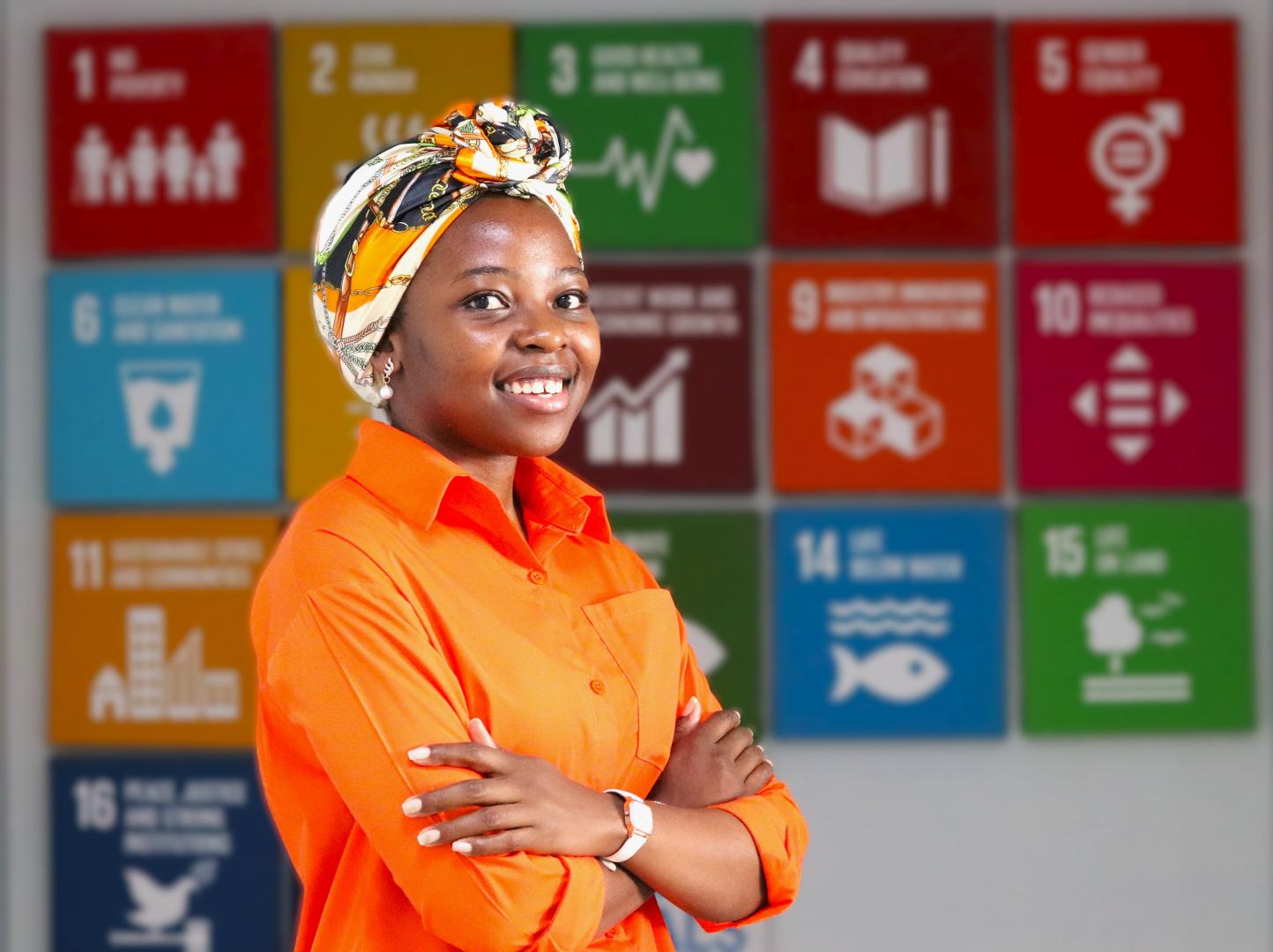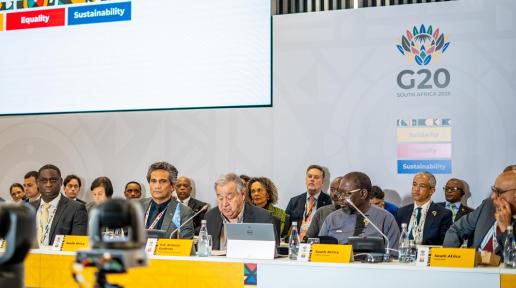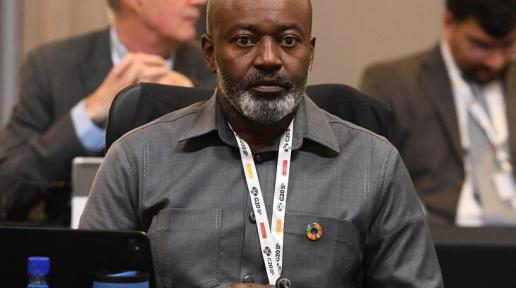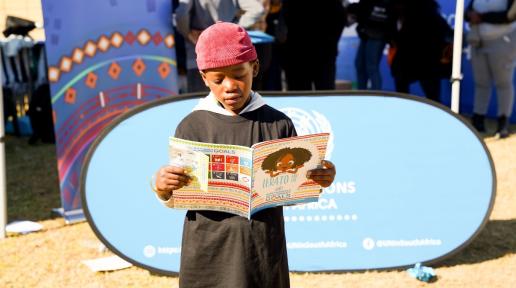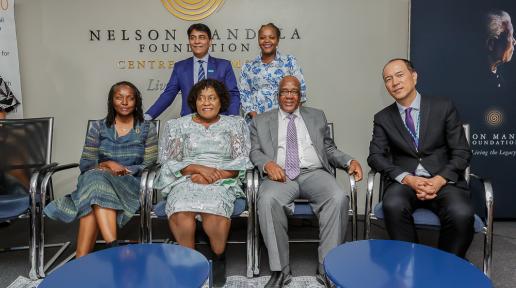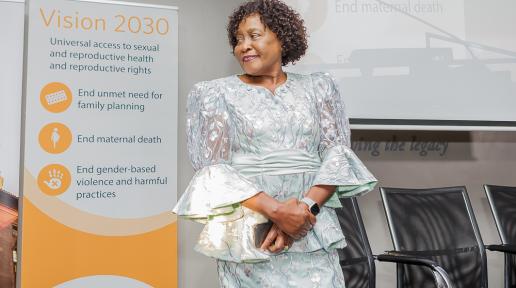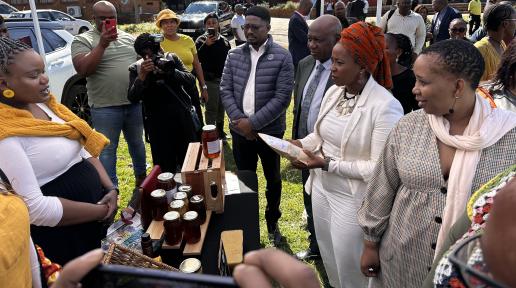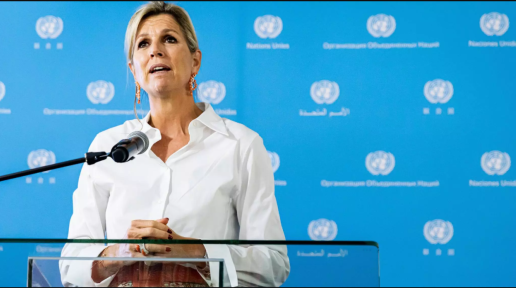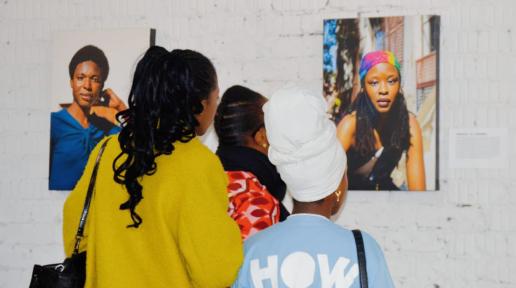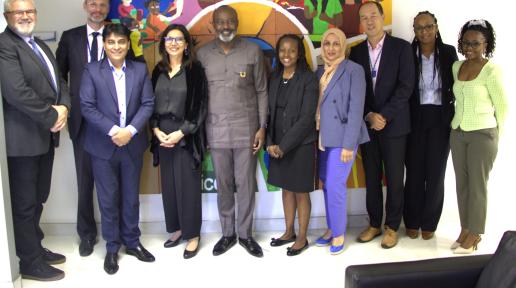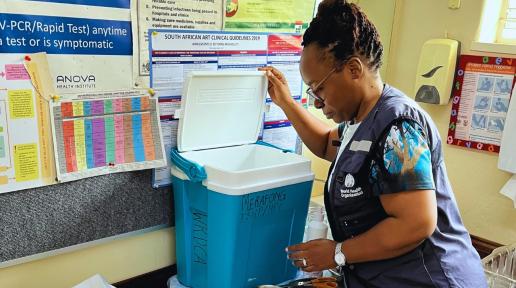Story
04 February 2025
How mentorship shapes tomorrow’s leaders: My Journey to #AfYWL
By Lisa Rumbidzai SimangoThroughout my life, I have come to appreciate the value of building a supportive network and finding mentors committed to my personal and professional growth. My undergraduate supervisor was instrumental in this journey, connecting me with opportunities, such as the Tag a Life International (TALI) Programme in Zimbabwe. I participated in TALI while pursuing my Master of Science in International Relations, drawn to its mission of advocating for the rights of girls and young women and creating safer spaces for them—values that resonate deeply with my passions.Through the TALI programme, I was assigned a mentor whose work focused on economic justice for young women. Her passion for gender equality and socio-economic development sparked my own commitment to youth empowerment and gender justice. As I became more involved in the programs her organization was implementing, I was exposed to innovative solutions at the intersection of gender and socio-economic development. This mentorship not only deepened my understanding of the barriers women face in accessing economic opportunities, but also inspired me to explore potential solutions. These experiences strengthened my resolve to create sustainable, inclusive socio-economic solutions for Africa. In 2021, my undergraduate supervisor, once again introduced me to another programme - the African Union (AU)-United Nations Development Programme (UNDP) African Young Women Leadership Fellowship (AfYWL). Reading through the aspects of the programme and testimonies from the alumni of the programme, it felt like natural next step, perfectly aligned with my aspirations to enhance my skills in advocacy, gender justice, and project management. I submitted my application in September 2021, but despite my best efforts, at the end of the year, I received an email we all dread – we regret to inform you that…I was devastated, I questioned my abilities, my dreams and my worth, but I refused to let this setback define me. Instead, I continued engaging with civil society organizations in Zimbabwe, attending workshops on young people’s socio-economic justice and development. In August 2023, strongly encouraged by my undergraduate supervisor, I decided to reapply for the AfYWL Fellowship. This time, I approached the process with renewed confidence, a stronger support network, and a broader perspective. Drawing from my past experiences, I was determined to perform better than my first attempt and to make the most of the opportunity ahead.In November 2023, I received the exciting news that I had advanced to the final interview stage of the AfYWL Fellowship Programme. Though nervous, I found strength in the unwavering support of my family. The anticipation was overwhelming, but in mid-December, I received the best Christmas gift of all: I had been selected for the third cohort of the Fellowship! Early in 2024, I confirmed my participation and eagerly awaited deployment. On March 11, 2024, I was informed that I would be deployed to South Africa. A swirl of emotions—excitement and apprehension—filled me, but I embraced this new chapter with purpose and determination.Reflecting on my journey, I recognize how setbacks, such as my initial rejection, became valuable steppingstones to personal growth. After that first disappointment, I invested time in self-development, seeking guidance and mentorship to help shape my career path.The mentors I’ve had the privilege to learn from have been instrumental in shaping my journey. Their wisdom, encouragement, and willingness to invest time in my development have not only influenced my professional trajectory, but also strengthened my confidence and sense of direction. This journey has also taught me the art of identifying mentors. It begins with understanding your aspirations and seeking out individuals whose experiences and values align with your goals. Mentors can take many forms—leaders, peers, or even those with fresh perspectives. The key lies in approaching these relationships with openness, respect, and a genuine desire to grow.Equally important is how you use their guidance. Asking thoughtful questions, tailoring their advice to your unique circumstances, and holding yourself accountable to the progress you make are critical steps. Mentorship is not about mimicry; it’s about becoming the best version of yourself by leveraging the wisdom they share.Now, as I continue this next chapter as a fellow attached to the UNDP South Africa country office, as the youth empowerment coordinator, I am excited to continue growing as a young African woman leader, championing gender equality, socio-economic development, and the empowerment of future generations.Having benefited immensely from mentorship, I am committed to giving back. I am eager to empower others, sharing the lessons I’ve learned and helping them navigate their own paths. Mentorship is a powerful cycle of growth and generosity, and I am proud to contribute to its continuity.First published by UNDP South Africa: How mentorship shapes tomorrow’s leaders: My Journey to #AfYWL | United Nations Development Programme
